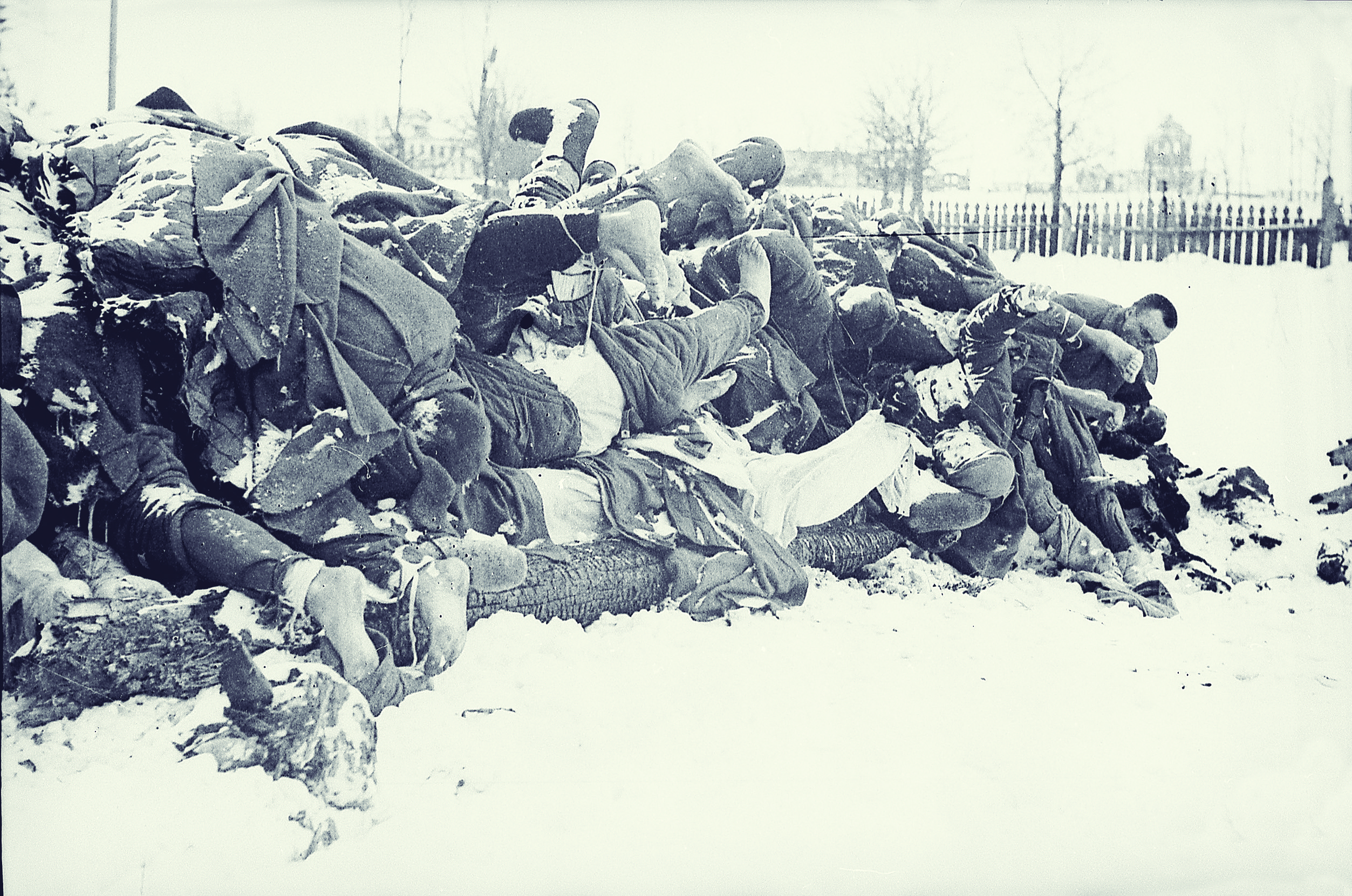Were the Soviets victorious? Yes. Triumphant? No.
Retreat from Moscow: A New History of Germany’s Winter Campaign, 1941-1942
By David Stahel. 545 pp.
Farrar, Strauss and Giroux, 2019. $35.
The Battle of Moscow, which officially lasted from September 30, 1941, to April 20, 1942, marked the first time that Hitler’s armies failed to triumph with their blitzkrieg tactics. And yet most Soviet histories of World War II emphasize the battles of Stalingrad and Kursk, which involved fewer troops and casualties but represented more definitive victories. The reason: any honest account of the Moscow campaign would highlight Stalin’s miscalculations and outright errors that led directly to massive Red Army losses.
Military historian David Stahel’s latest meticulously researched volume about the German campaign in the East, Retreat from Moscow, focuses on how the Wehrmacht withstood much of the Red Army’s counterattack launched on December 6. Marshal Georgi Zhukov’s troops initially succeeded in pushing the Germans back from the approaches to the capital. But they could not carry out Stalin’s totally unrealistic orders to dislodge the enemy from key positions all across the front. While huge numbers of Soviet troops were slaughtered in futile assaults, Stahel claims the Germans “thwarted all the objectives of the Soviet offensive plan.”
Hitler was just as irrational as Stalin about his troops’ capabilities. He launched his attack on the Soviet Union on June 22, 1941, fully expecting to achieve victory before a change in the weather—and the initial successes of the invaders seemingly justified such sanguine predictions. As a result, he did not outfit troops with winter uniforms, and his men suffered when icy conditions set in earlier than expected. They languished, too, when Hitler insisted that they hold their ground in the face of the Soviet counteroffensive, even when tactical retreats would have made more sense. Zhukov ultimately conceded that the Battle of Moscow proved to be “a Pyrrhic victory” for the Kremlin, given the Soviet side’s disproportionate losses. The Red Army was losing about 500,000 men a month in this period, at least six times more than the invaders. Stahel convincingly agrees with Zhukov’s assessment, but he goes too far when he concludes that the “Germans snatched a victory—or were handed it by Stalin—from the very jaws of defeat.”
Given the Soviet Union’s vast manpower and the funneling of an increasing amount of Lend-Lease aid from the United States, Hitler had no chance of emerging victorious in a prolonged conflict. “The Wehrmacht had to win outright at all costs, while the Red Army had only to survive as a force in being,” Stahel admits. Survive it did, which is why the battle for Moscow, coupled with the entry of the United States into the war after Pearl Harbor, proved to be the beginning of the end of the Third Reich. ✯
—Andrew Nagorski is the author of 1941: The Year Germany Lost the War (2019).
This article was published in the June 2020 issue of World War II.

